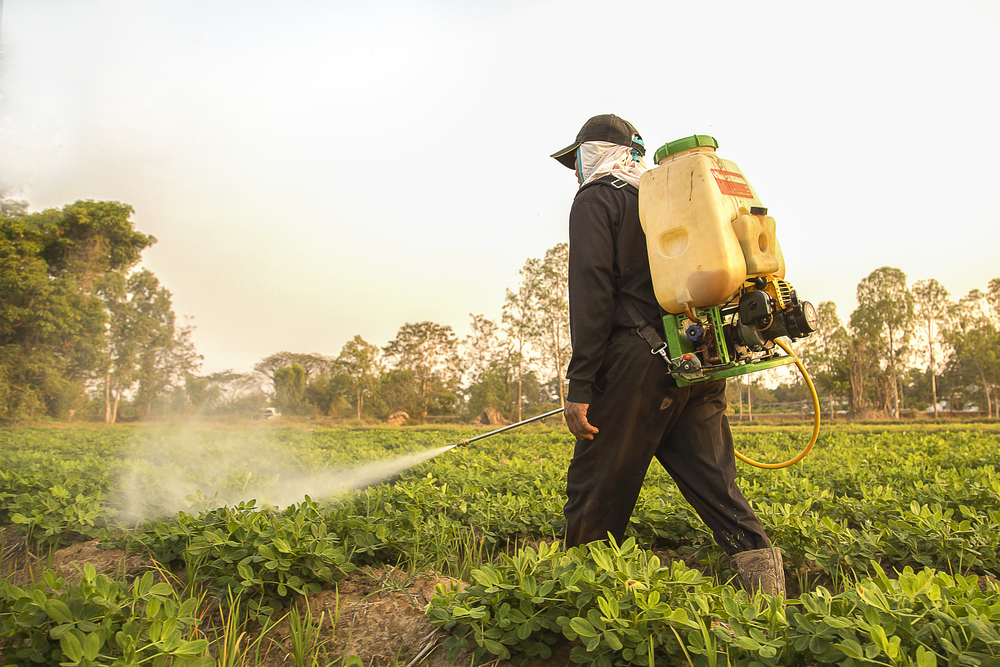Exposure to Pesticides May Increase Risk of Liver Cancer

People who are exposed to pesticides may face an increased risk of liver cancer, a new meta-analysis suggests.
Pesticide exposure was associated with a 71 percent increased risk of liver cancer, according to the meta-analysis, which was presented on April 3 at the American Association for Cancer Research's annual meeting in Washington, D.C. The findings have not yet been published in a peer-reviewed journal.
Liver cancer is the sixth most common cancer in the world, and the No. 2 cause of cancer deaths (behind lung cancer), said lead study author Hamdi Abdi, a cancer research fellow at the National Cancer Institute. [10 Do's and Don'ts to Reduce Your Risk of Cancer]
There are several well-established risk factors for liver cancer, Abdi told Live Science. These include chronic infections, such as hepatitis, and alcohol-related liver diseases.
But the researchers think that pesticides could also play a role in the development of this cancer.
Indeed, studies done in animals have shown that exposure to pesticides could lead to liver cancer by damaging DNA, among other ways, Abdi said.
In the new meta-analysis, the researchers looked at 16 studies that included more than 480,000 participants in Asia, Europe and the U.S. All of the studies included at least some information on the participants' individual levels of pesticide exposure and looked at how this exposure might affect a person's risk of the most common type of liver cancer, called hepatocellular carcinoma. The researchers defined "pesticides" in a very broad sense, including insecticides and herbicides, Abdi said.
Sign up for the Live Science daily newsletter now
Get the world’s most fascinating discoveries delivered straight to your inbox.
The finding that pesticide exposure was associated with a 71 percent increased risk of liver cancer isn't an "extreme value," Abdi noted. More research is needed to zero in on specific types of pesticides and their effects on liver cancer, she said.
The findings are preliminary, Abdi said, and one limitation of the analysis was that the researchers found only 16 studies done to date that met their criteria for inclusion. "This highlights the need for more large-scale, prospective studies," she added.
Another limitation was that most of the studies included in the meta-analysis didn't offer precise data about the amounts of pesticides the people were exposed to, she said. In only three studies did the researchers measure the levels of compounds linked with pesticides in the participants' blood, for example. Others relied on questionnaires.
In addition, pesticide use varies widely between countries, and developing countries tend to use them at higher levels than developed countries, according to the World Health Organization.
With more studies, researchers hope a "dose-response" curve can be established, Abdi said. A dose-response curve tells researchers how the dose of a chemical or drug is linked to the effects of the chemical or drug; in this case, it would provide the researchers with data on what level of pesticide exposure may be linked to a certain increase in liver cancer risk.
It's difficult, at this point, to tell what's really driving the association between liver cancer and pesticides, she said.
Originally published on Live Science.












